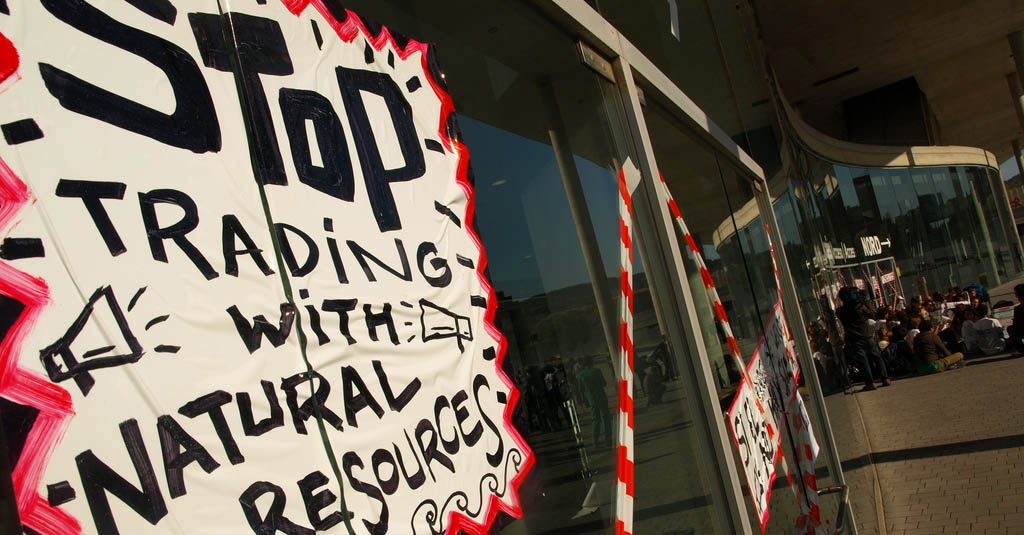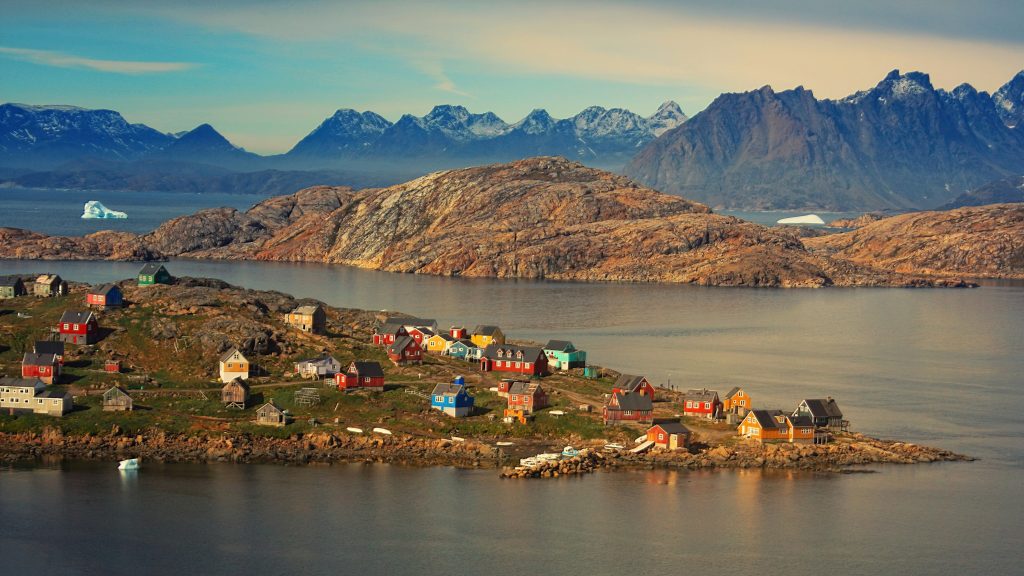Brussels/Costa Rica, 23 April 2007 – Friends of the Earth groups in Europe and Costa Rica today called on EU Ministers not to authorize the European Commission to negotiate new bilateral free trade agreements (FTAs) with Southern countries.
The Ministers from the 27 Member States, meeting in the General Affairs and External Relations Council (GAERC) on Monday and Tuesday, are expected to deliver the official mandates to the European Commission to negotiate FTAs with India, South Korea and the ASEAN countries, and Association Agreements (AAs) with Central America and the Andean Community.
If they agree, this would put an end to the so-called EU ‘moratorium’ on free trade agreements since the launch of new multilateral negotiations at the WTO in 1999. These new mandates are based on the politically narrow and economically aggressive approach to market access defined by the recently agreed ‘Global Europe’ strategy on the EU’s external competitiveness (1).
The new EU FTAs aim to establish bilateral or bi-regional free trade areas, by eliminating all import and export restrictions on trade in a majority of goods and services. The European Commission is also seeking to include the so-called ‘Singapore Issues’ (investment, competition, government procurement and trade facilitation) in these agreements despite the repeated resistance by developing countries to introducing these issues in the multilateral negotiations at the WTO.
Through its new bilaterals, the EU will notably seek to guarantee EU corporations increased control over poor countries’ natural resources by eliminating “all restrictions on access to resources”, for instance log exports bans (2).
The far-reaching provisions proposed for the new bilaterals will give developing countries’ governments less freedom to orientate their trade policy and will give European companies more rights to exploit developing countries’ fragile markets (3).
Isaac Rojas, Trade and Forest Campaigner at Friends of the Earth Costa Rica, explained:
“FTAs in our region have failed to deliver for poor Costa Ricans and are damaging our environment. Our experience shows that they simply give transnational corporations control over our natural resources, like timber or minerals, which they can then exploit at will, exporting them to foreign markets and paying a very cheap price to our producers and our public authorities”.
Friends of the Earth Europe considers the move by the European Union as cynical and dangerous. After failing to achieve agreement at the WTO in nearly all areas key to its interests, the EU is now engaging in a race with the United States and China to conquer developing countries’ markets to sustain its unsustainable economic growth. But this strategy fails to consider the long-term effects of trade liberalisation on biodiversity and climate change.
Charly Poppe, Trade Campaigner at Friends of the Earth Europe, said:
“Trade agreements have gone too far. They promote an over-deregulation agenda which favours European business and blatantly contradicts the EU’s objectives on sustainable development, climate change and poverty eradication. As a result, the EU’s credibility within civil society is now close to zero. EU ministers have a chance to redress this lack of popular confidence but for this, they must listen to people’s voices, refuse these bad trade agreements and vote for careful, sustainable and fair trade approaches”.
Last week, a coalition of more than 90 NGOs, trade unions, social movements and civil society networks sent an ‘open letter’ to the EU ministers calling them to refuse the aggressive free trade approach promoted by the European Commission and to initiate instead a transparent and participatory debate among a full range of stakeholders within and outside Europe to establish what type of trade policy is most appropriate for the EU.
***
———–
NOTES:
(1) The Commission has set new directions for its external trade policy in the Communication ‘Global Europe: Competing in the World’ published on 4 October 2006. This strategy on ‘external aspects of competitiveness’ contains a ‘post-Doha’ vision and sets out new policy targets such as new and far-reaching bilateral trade agreements with EU’s key trading partners, stronger intellectual property rights, and better access to other countries’ public procurement markets. http://ec.europa.eu/trade/issues/sectoral/competitiveness/global_europe_en.htm
(2) See the Commission staff working document, Annex to the Communication
‘Global Europe: Competing in the World’: http://trade.ec.europa.eu/doclib/html/130370.htm
(3) Apart from the usual SPS (Sanitary and Phytosanitary Standards), TBT (Technical Barriers to Trade) and IPR issues (Intellectual Property Rights), the Commission wants to open up a new frontier: it sees barriers not only in certain measures themselves, but also in the way they are introduced “without sufficient consultation”. The European Commission will therefore seek to ensure that its trading partners prioritise trade liberalisation disciplines over other policy objectives through “regulatory convergence”. In addition, “dispute avoidance and resolution mechanisms” will empower the EU to influence future environmental, social and health policies in its trading partners that could affect trade.
Read the letter in English:
http://www.s2bnetwork.org/download/GlobalEurope_FTAmandates_civilsocietyletter_apr07.pdf
Read the letter in Spanish:
http://www.s2bnetwork.org/download/GlobalEurope_FTAmandates_civilsocietyletter_apr07_ES







